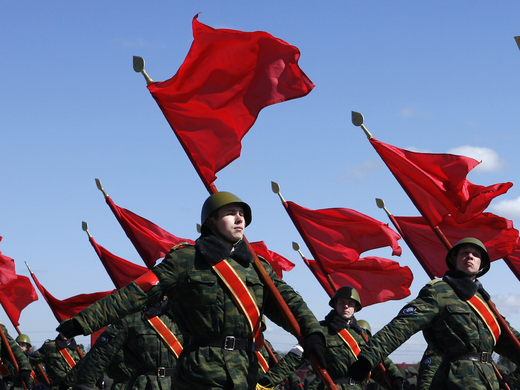On coming into office, President Barak Obama immediately assembled a team to assess the US situation in Afghanistan and formulate a strategy for the mission. Heading up this team was Bruce Riedel, a former adviser to Presidents Clinton and Bush and a former CIA officer. This paper, based on a CIGI Signature Lecture given by Mr. Riedel in April 2010, discusses the history of the US war on terror since 9/11, specifically the actors involved in initiating the al-Qaeda declaration of war on the US and its allies, and the recent terrorist plots and attacks linked to al-Qaeda, which demonstrate that al-Qaeda and its allies continue to mount terrorist attacks despite the efforts of the US to thwart terrorism. President Obama inherited a war in Afghanistan that was unsuccessful, under-funded and lacked a clearly defined strategy. The response he developed for Afghanistan is a complex one involving regional and international policies — particularly in Pakistan, where al-Qaeda has a network of insurgent groups — but it also involves military force, diplomacy and changing public opinion concerning the US. This paper assesses the progress that Obama has made in Afghanistan and Pakistan 15 months after taking office, and considers whether the US will actually be able win the war on terror.


